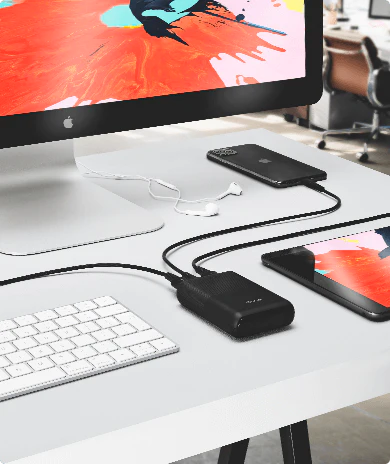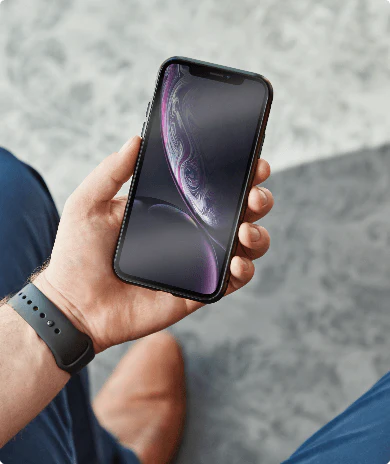
Our Eco Journey
QDOS strives to strike a balance between impeccable products that boast innovative features and a minimum impact on our environment. Our goal is to go above and beyond a 100% eco-friendly product range: we aim to be the driving force in our sector for environmental protection.
This is achieved by not only involving our employees (designers, product managers, logistics coordinators, etc.), but also our entire ecosystem: raw material suppliers, production plants, transport companies, distribution networks, and even our customers!

Some of our key initiatives:
- Optimized energy and water consumption in our plants
- Limited and recycled production waste
- Products made from recycled materials
- Packaging in FSC recycled fibres without glue
- Educating our consumers through clear communication on how to easily recycle our products and packaging
- Support for environmental protection associations
At QDOS, we feel that it is our responsibility as citizens to actively participate in the fight against global warming and reduce our carbon footprint. This two-fold objective incites us to adopt more sustainable practices, a process that has been underway for several years:
2019
• Launch of our "ECO" cases, made from 81% wheat straw and certified bio based and compostable co-polyester (PBAT).
2020
• OptiGuard became 100% recyclable: the "recyclable" product logo is featured on the applicator to encourage users to deposit it in the recyclable waste container.
2021
• Selection of ISO 14001 certified suppliers (environmental management). All of our partners are certified or in the process of obtaining certification.
• For our OptiGuard products, a 10% cap is applied to glass offcuts during the manufacturing of our screen protectors. These offcuts are reused and transformed into new glass panels.
• More than 3,000 liters of water are recycled in our glass manufacturing plant, thanks to a new wastewater reuse process.
• Use of less energy-intensive production units (up to 78% energy savings as compared to the previous generation).
2022
• Selection of plants in France and abroad that comply with GSC standards.
• Member of the Amfori association, which helps members monitor supply chain performance with a goal to promoting sustainable trade.
2023
• Implementation of updated Triman initiative: At QDOS, we understand the importance of sustainability and reducing our environmental impact. That's why we have adopted the Triman logo on our packaging. The Triman logo represents our ongoing commitment to responsible waste management and reducing waste going to landfills.
• By using this logo, we aim to make it easier for our customers to understand how to recycle the various elements of our packaging properly and play their part in creating a more sustainable future. We believe that every small action contributes to a more sustainable future and we are proud that our packaging is 100% recyclable, allowing customers to easily recycle our packaging as part of this initiative in France as well as around the world.



